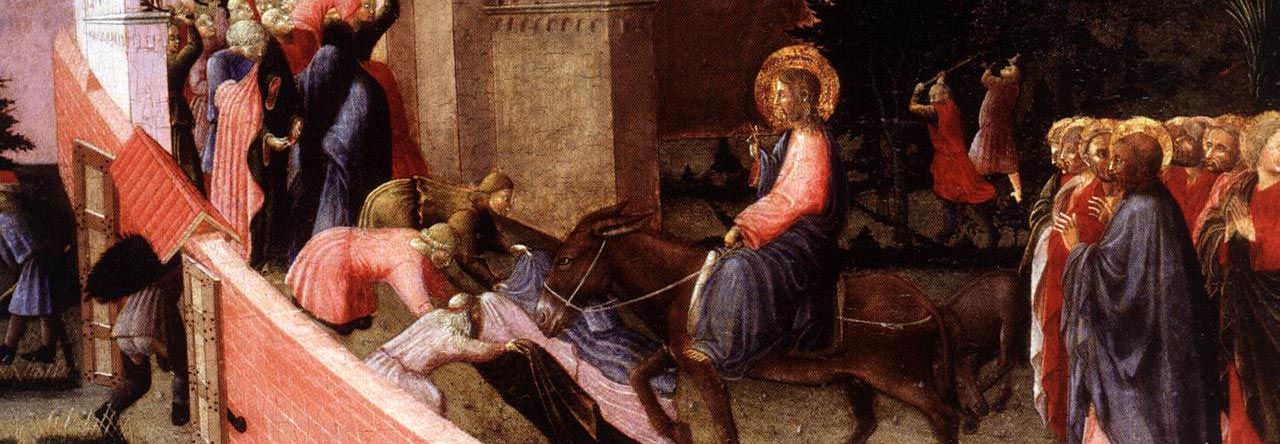
I have not watched the videos all the way through. You know the videos I’m talking about. Those videos. I have not watched them all the way through because they make me ill. They make me want to throw up and the images haunt me. I go to sleep and I wake up in a cold sweat, still seeing them before my eyes.
Bad enough that I have been researching for the last couple of years the Holocaust and the World Wars. Bad enough that I have been watching the last couple of weeks many documentaries about these subjects and have seen things I wish I had never seen, things I wish had never happened. Bad enough I have been reading about eugenics and “scientific racism” and the incredible and preposterous cruel things man can do to his fellow man in the name of the “greater good” or “science”. Bad enough, all of that.
But something very like the Holocaust is happening now, and has been happening right under our noses since 1973 when we had the audacity to make legal to do to humans what we consider monstrously inhumane to do to wild animals. And do not misunderstand me: I care about wild animals and would not think of trying to harm one unless I had to protect myself or someone else. But I love my fellow man even more and certainly do not want to cause any harm to any man, woman, or child, unless, likewise, in defense of myself or someone else.
I find the chopping up of tiny babies to be sickening, but not less sickening than killing them in the first place. ALL of it must stop. There is no reason to take an innocent human life, ever. To directly and deliberately take an innocent human life is always and everywhere evil. There is no way around it. There is no name you can give it to justify it. There is no way to cover it with ridiculous words and excuses, no way to hide from the truth of what it really is.
There is no way we can pretend that we do not know what we are doing, what we are permitting, what we are approving and condoning, what we are selling, what we are making legal and profitable.
In the end, what does it profit you if you make all the money in the world and drive the fanciest car you can buy and wear the best clothes and drink the best wine, when you have to hack tiny human babies to pieces to do it? How much money do you make for each of the lives you take, to make it worth it to you to take them? How many pieces of silver do you get for selling your own soul?
More:
The Gospel of Life by Pope Saint John Paul II. Here he quotes Vatican II, Pastoral Constitution on the Church in the Modern World, Gaudium et Spes (easier to read at EWTN), 27:
“The Second Vatican Council, in a passage which retains all its relevance today, forcefully condemned a number of crimes and attacks against human life. Thirty years later, taking up the words of the Council and with the same forcefulness I repeat that condemnation in the name of the whole Church, certain that I am interpreting the genuine sentiment of every upright conscience: ‘Whatever is opposed to life itself, such as any type of murder, genocide, abortion, euthanasia, or wilful self-destruction, whatever violates the integrity of the human person, such as mutilation, torments inflicted on body or mind, attempts to coerce the will itself; whatever insults human dignity, such as subhuman living conditions, arbitrary imprisonment, deportation, slavery, prostitution, the selling of women and children; as well as disgraceful working conditions, where people are treated as mere instruments of gain rather than as free and responsible persons; all these things and others like them are infamies indeed. They poison human society, and they do more harm to those who practise them than to those who suffer from the injury. Moreover, they are a supreme dishonour to the Creator’.”
From the Gospel of Life, 40 and 41:
- The sacredness of life gives rise to its inviolability, written from the beginning in man’s heart, in his conscience. The question: “What have you done?” (Gen 4:10), which God addresses to Cain after he has killed his brother Abel, interprets the experience of every person: in the depths of his conscience, man is always reminded of the inviolability of life-his own life and that of others-as something which does not belong to him, because it is the property and gift of God the Creator and Father.
The commandment regarding the inviolability of human life reverberates at the heart of the “ten words” in the covenant of Sinai (cf. Ex 34:28). In the first place that commandment prohibits murder: “You shall not kill” (Ex 20:13); “do not slay the innocent and righteous” (Ex 23:7). But, as is brought out in Israel’s later legislation, it also prohibits all personal injury inflicted on another (cf. Ex 21:12-27). Of course we must recognize that in the Old Testament this sense of the value of life, though already quite marked, does not yet reach the refinement found in the Sermon on the Mount. This is apparent in some aspects of the current penal legislation, which provided for severe forms of corporal punishment and even the death penalty. But the overall message, which the New Testament will bring to perfection, is a forceful appeal for respect for the inviolability of physical life and the integrity of the person. It culminates in the positive commandment which obliges us to be responsible for our neighbour as for ourselves: “You shall love your neighbour as yourself” (Lev 19:18).
- The commandment “You shall not kill”, included and more fully expressed in the positive command of love for one’s neighbour, is reaffirmed in all its force by the Lord Jesus. To the rich young man who asks him: “Teacher, what good deed must I do, to have eternal life?”, Jesus replies: “If you would enter life, keep the commandments” (Mt 19:16,17). And he quotes, as the first of these: “You shall not kill” (Mt 19:18). In the Sermon on the Mount, Jesus demands from his disciples a righteousness which surpasses that of the Scribes and Pharisees, also with regard to respect for life: “You have heard that it was said to the men of old, “You shall not kill; and whoever kills shall be liable to judgment’. But I say to you that every one who is angry with his brother shall be liable to judgment” (Mt 5:21-22).
By his words and actions Jesus further unveils the positive requirements of the commandment regarding the inviolability of life. These requirements were already present in the Old Testament, where legislation dealt with protecting and defending life when it was weak and threatened: in the case of foreigners, widows, orphans, the sick and the poor in general, including children in the womb (cf. Ex 21:22; 22:20-26). With Jesus these positive requirements assume new force and urgency, and are revealed in all their breadth and depth: they range from caring for the life of one’s brother (whether a blood brother, someone belonging to the same people, or a foreigner living in the land of Israel) to showing concern for the stranger, even to the point of loving one’s enemy.
A stranger is no longer a stranger for the person who mustbecome a neighbour to someone in need, to the point of accepting responsibility for his life, as the parable of the Good Samaritan shows so clearly (cf. Lk 10:25-37). Even an enemy ceases to be an enemy for the person who is obliged to love him (cf. Mt 5:38-48; Lk 6:27-35), to “do good” to him (cf. Lk 6:27, 33, 35) and to respond to his immediate needs promptly and with no expectation of repayment (cf. Lk 6:34-35). The height of this love is to pray for one’s enemy. By so doing we achieve harmony with the providential love of God: “But I say to you, love your enemies and pray for those who persecute you, so that you may be children of your Father who is in heaven; for he makes his sun rise on the evil and on the good and sends rain on the just and on the unjust” (Mt 5:44-45; cf. Lk 6:28, 35).
Thus the deepest element of God’s commandment to protect human life is the requirement to show reverence and love for every person and the life of every person. This is the teaching which the Apostle Paul, echoing the words of Jesus, address- es to the Christians in Rome: “The commandments, ?You shall not commit adultery, You shall not kill, You shall not steal, You shall not covet’, and any other commandment, are summed up in this sentence, ?You shall love your neighbour as yourself’. Love does no wrong to a neighbour; therefore love is the fulfilling of the law” (Rom 13:9-10).
When I ran a search in the Gospel of Life for the word “murder”, I got 29 hits. I highly recommend reading it in full. I’ve read it many times, usually once a year or every two years, along with the Splendor of Truth. More than anything else I have ever read, outside of Scripture, these two encyclicals changed my life (and just so you know, John Paul II’s encyclicals are filled with Scripture references). They woke me up. I went from being someone who was nominally pro-life to someone who was pro-life actively, outspokenly, finding out more, sharing what I had found, voting for pro-life laws, supporting pro-life candidates, no longer supporting candidates who are not pro-life. Really, if you do not stand for life, then what in God’s name do you stand for?











